How To Remove Alcohol From Herbal Tinctures
Several methods for how to remove alcohol from herbal tinctures.
Alcohol-based tinctures have been used for centuries as a form of herbal medicine. Alcohol provides an effective way to extract active ingredients from plant parts, while also providing a long shelf life. Herbal tinctures are a popular way to get the benefits of herbs quickly and efficiently, without having to consume large amounts of the plant. While alcohol-based tinctures can be extremely beneficial, some people may not want the alcohol content in their herbal remedies. Fortunately, there are several ways to remove some of the alcohol from herbal tinctures.
An alcohol-based tincture is a liquid herbal extract that uses alcohol as the solvent. The alcohol extracts the active constituents, such as oils, alkaloids, and other plant compounds, from the plant material, resulting in a concentrated liquid extract.
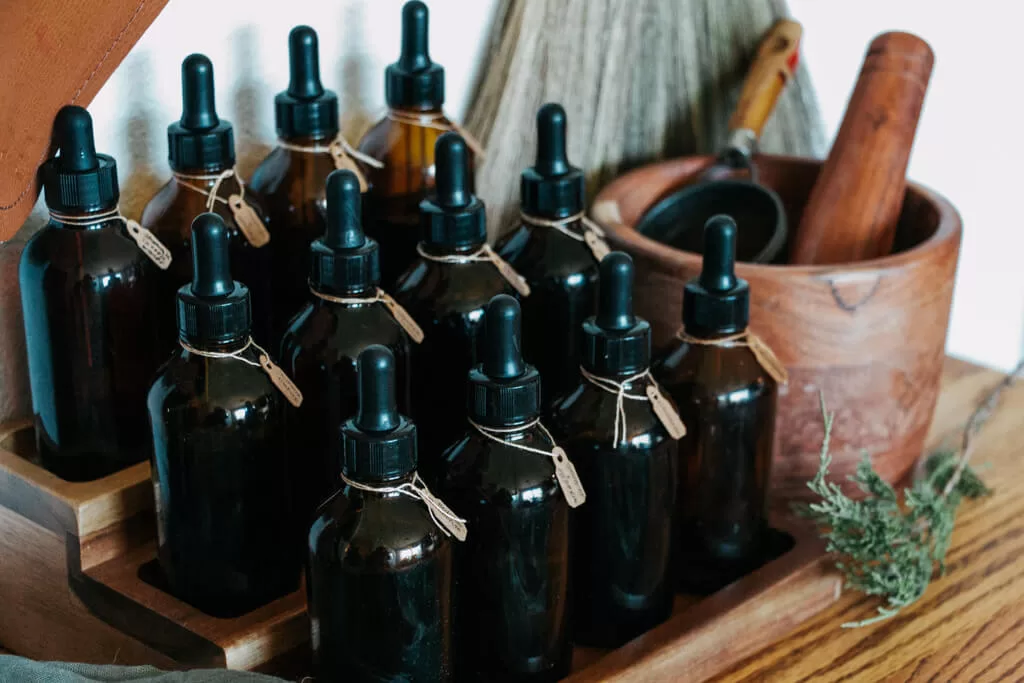
I am not a doctor or a scientist. Jump to the bottom of this article to view my Medical Disclaimer.
How Do You Remove Alcohol From an Herbal Tincture?
There are several methods to remove alcohol from herbal tinctures. Here are some of the most common methods:
- Evaporation/Folk method: This is the most straightforward method of removing alcohol from a tincture. Simply leave the tincture in an open container, and let the alcohol evaporate over time. This can take a few days to several weeks, depending on the amount of alcohol in the tincture.
- Tea/Hot Water Method: This method is similar to the folk method, but it uses hot water instead of relying on natural evaporation. Simply pour your tincture into a glass jar or bottle and then fill the container with hot water. Let it sit for 10 minutes, stirring every few minutes.
- Boiling/Double Boiler: Another method is to heat the tincture and boil off the alcohol. This method is faster than evaporation, but it can also affect the quality of the herbs. It’s important to note that boiling the tincture can cause some of the volatile compounds in the herbs to be lost.
- Vacuum Distillation: This is a more advanced method that involves using a vacuum to lower the boiling point of the alcohol. The tincture is placed in a vacuum still, which heats and boils off the alcohol. This method can be more effective than evaporation or boiling, and it can also help preserve the quality of the herbs.
- Make it without alcohol to begin with: Instead of using alcohol, some people choose to make tinctures using glycerin or vinegar. These methods do not require removing alcohol from the tincture. Glycerin tinctures can be made by soaking herbs in a mixture of glycerin and water, while vinegar tinctures are made by soaking herbs in vinegar.
Note
Without scientific examination, you won’t be able to tell if these methods are fully removing the alcohol, and it is likely that they are not. If you really need to stay away from alcohol for any reason, please try glycerin-based tinctures or take herbs in a tea-infusion instead.
Please note:
- Reducing the alcohol content may increase the plant component ratio, making more a more potent herbal remedy.
- Decreasing the alcohol content of a tincture will decrease its shelf life.
- Removing alcohol from a tincture using heat may also remove some of the beneficial compounds in the herbs.
If you or someone in your family needs the healing benefits of herbal tinctures without any alcohol-related side effects, then an alcohol-free alternative may be the best way to go! But, how do you remove the alcohol from a tincture? Read on to find out more abut each method for removing alcohol!
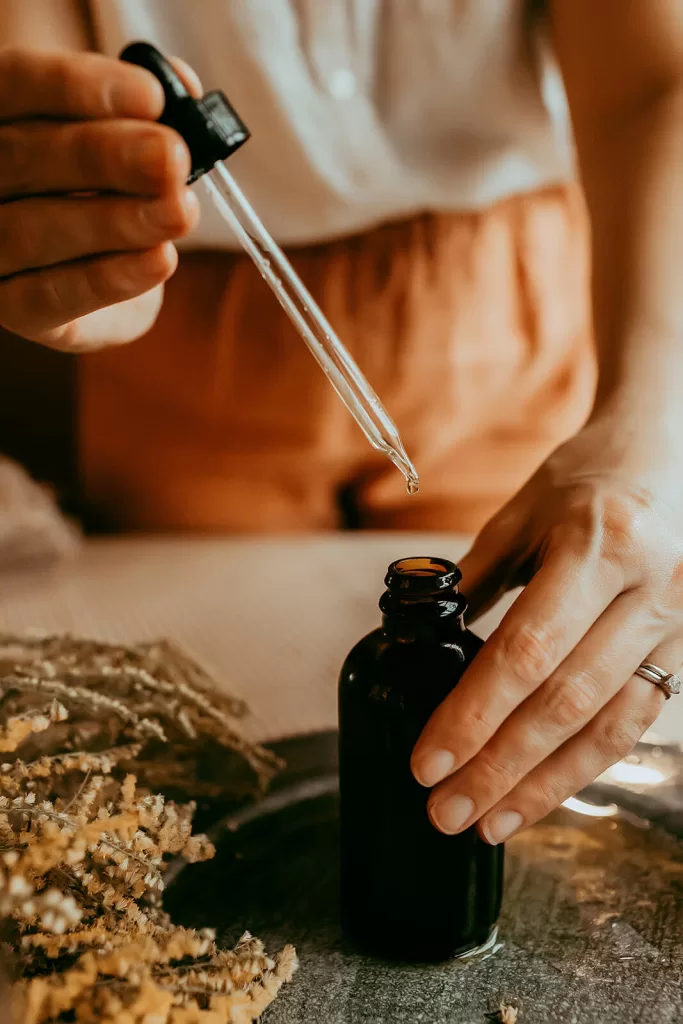
Methods for Removing Alcohol From Herbal Tinctures
Evaporation Method
To evaporate some of the alcohol from a tincture, the easiest way is to use the folk method.
- Put the tincture into a glass jar with the lid off.
- Leave it in a dark place for several weeks until much of the liquid has evaporated and only some of the solids remain.
- Pros: You retain most of the plant constituents.
- Cons: You will have to wait a long time and likely, most of the alcohol will still remain.
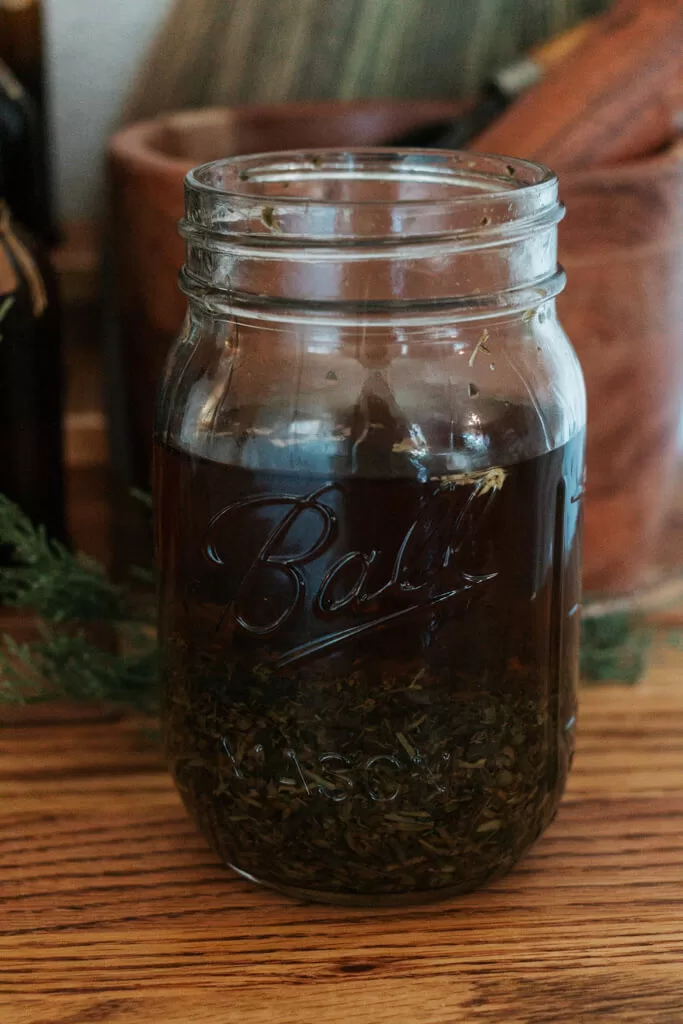
Tea/Infusion Method
Heating a tincture by adding to hot water or a tea is an easy method to remove some of the alcohol. This can also reduce the alcohol taste of the tincture.
- Add hot water to your tincture and let it sit for about 10 minutes
- Drink!
It’s important to remember not to over boil your herbs – just enough heat should do the trick!
- Pros: Incredibly easy and fast method to remove alcohol.
- Cons: Too high of heat may reduce benefits of plan constituents and it probably does not actually remove much alcohol (it just dilutes it).
How to Brew Herbal Tea
For detailed instructions on the methods for brewing herbal tea, check out my post: How to Brew Herbal Tea: Infusions and Decoctions.
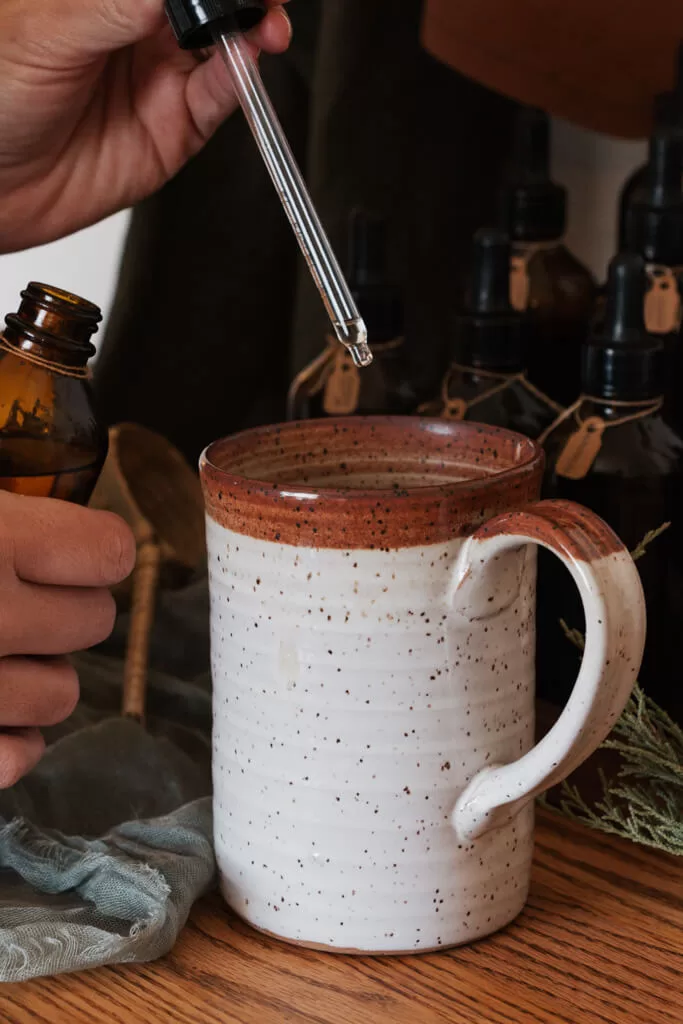
Boiling Method
A double boiler is a kitchen tool that consists of two nested pots, one of which sits on top of the other. The bottom pot is filled with water, which is heated to create steam. The top pot is where the tincture is placed, and it is gently heated by the steam from the water below. Using a double boiler is a great way to remove alcohol from a liquid without overheating or burning it.
Using a double boiler to remove alcohol from a tincture:
- Fill the bottom pot of the double boiler with water, making sure the water level is below the bottom of the top pot.
- Place the top pot on the double boiler and add the tincture.
- Heat the water in the bottom pot over medium heat until it starts to steam.
- Keep an eye on the liquid in the top pot, stirring occasionally. As the steam from the water below heats the liquid, the alcohol will evaporate and escape into the air.
- Continue heating the liquid until the desired amount of alcohol has been removed. You can use a kitchen thermometer to monitor the temperature of the liquid.
- Once the desired amount of alcohol has been removed, remove the top pot from the double boiler and let it cool.
- Use the liquid as desired.
- Pros: Boiling is a quick and fairly efficient method to boil off some of the alcohol
- Cons: Heating the whole tincture may remove some of the benefits of the herbal remedy.
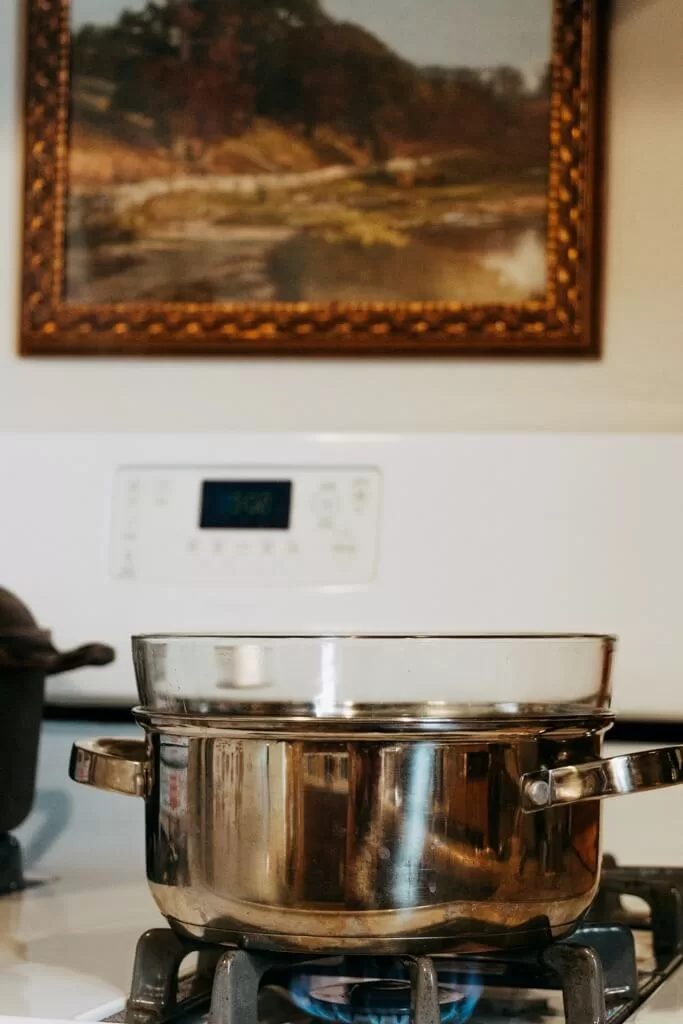
Vacuum Distillation Method
Vacuum distilling is a method used to separate and remove components from a solution or mixture by lowering the pressure in the system. The Vacuum distillation method is probably the most effective way to concentrate the active compounds of the herbs while removing the alcohol.
In vacuum distillation, the solution is placed in a flask and heated under reduced pressure. The lower pressure reduces the boiling point of the alcohol, allowing it to evaporate at a lower temperature than it would at atmospheric pressure. As the alcohol evaporates, it can be captured and condensed into a separate container, leaving behind the concentrated herbal extract.
- Pros: Vacuum distilling can help preserve the delicate active compounds in the herbs, which can be damaged by high heat or prolonged exposure to air. By removing the alcohol at a lower temperature and pressure, the volatile compounds in the herbs can be preserved, resulting in a more potent and effective extract.
- Cons: Vacuum distilling can be a complex and potentially dangerous process. It should only be attempted by experienced individuals with the proper equipment and safety protocols in place. It is also the most expensive method because you need special equipment.
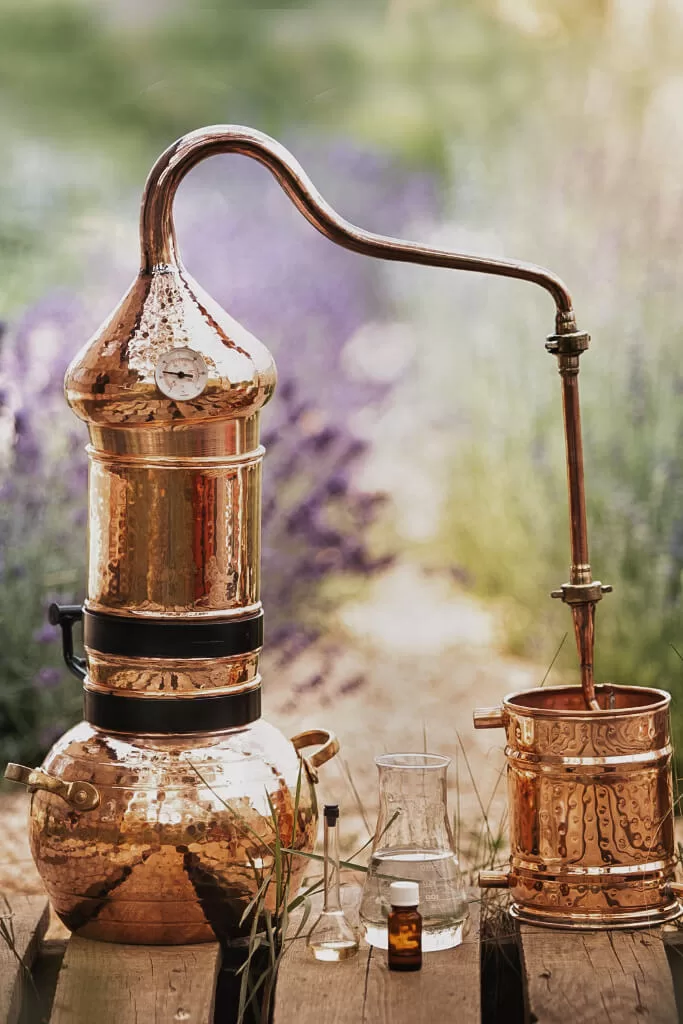
Can you actually evaporate the alcohol from a tincture?
You cannot remove all of the alcohol from a tincture without harming the herbal constituents.
Although boiling water can be used to reduce the amount of alcohol in a tincture, it’s not always the most effective way. Depending on the type of alcohol you’re using and the herbs you’ve included in your tincture, boiling water may not be enough to completely remove all traces of alcohol from your preparation. Plus, heat will definitely reduce the effectiveness of the herbs.
Time it Takes to Remove Alcohol From Tinctures
According to this article from Barbara Gordon, dietician at Idaho State University, you have to boil an alcoholic product for quite some time before the alcohol would actually burn off. She cites the USDA table of Nutrient Retention Factors, Release 6, shown below. This amount of time would almost certainly destroy many of the benefits of the herbs in your tincture.
Final Alcohol Content of Recipe after Boiling at 173 Degrees Fahrenheit
| Time Cooked at Boiling Point of Alcohol | Approximate Amount of Alcohol Remaining |
| 15 minutes | 40% |
| 30 minutes | 35% |
| One hour | 25% |
| Two hours | 10% |
| Two and one-half hours | 5% |
In another study, OChef found that if you add alcohol to boiling water and then remove the mixture from heat, you’ll be left with about 85% of the original alcohol content. If you let the preparation sit overnight with no heat, you’ll still have 70% of the original alcohol content. And if you stir the alcohol into the mixture and bake or simmer it for 15 minutes or more, you can reduce the content to as low as 5%. Although this process takes time and patience, it’s an effective way to remove some of the alcohol from your herbal tinctures.
Is The Alcohol Content in Tinctures Safe?
The alcohol content in tinctures is safe if consumed in small amounts.
Can you get drunk with a tincture? The answer is no – you will not get drunk from an herbal tincture. Alcohol-based tinctures are incredibly fast-acting because alcohol can enter our blood stream quickly, which makes them effective herbal medicines.
The amount of alcohol in an herbal tincture is so small that it’s comparable to the amount of alcohol found in vanilla extract or a ripe banana. Even though the alcohol content in tinctures might be low, if taken in large amounts they might still produce side effects. Therefore, it’s best to stick to small amounts.
Instances When You Might Want an Alcohol-Free Tincture
When it comes to herbal tinctures, alcohol can be a necessary component to fully extract the plant constituents. But there are some instances when you might want an alcohol-free tincture instead.
- Tinctures for Children: Not only is the taste difficult for them to swallow, but exposing young children to alcohol isn’t for everyone. I personally do not mind giving my children such a small amount of alcohol, but that decision is left up to each individual parent.
- Adverse reactions to alcohol: Alcohol itself can cause side effects in highly sensitive individuals and can even worsen the side effects of certain prescription drugs they may be taking.
- Personal preference: Some individuals do not want to consume alcohol for personal or religious reasons. This is totally valid.
If any of these scenarios apply to you or your family members, consider using a non-alcoholic alternative so that everyone can still benefit from the therapeutic effects of herbs without any unwanted consequences!
Making an Alcohol-Free Glycerin Tincture
If you’re looking for an alcohol-free alternative to traditional herbal tinctures, look no further than glycerin-based tinctures. Glycerin is a vegetable-based extract that is used to preserve the active ingredients in herbs. It’s not as powerful as alcohol, so it won’t last quite as long, but it will still keep your tincture good for at least a year.
Glycerin tinctures are made by extracting the herbs’ active ingredients into vegetable glycerin instead of a high-proof alcohol. They are easy to make at home using either fresh or dried herbs and small amounts of plant matter.
- Mix the herb with the glycerin in a glass jar or bottle.
- Seal the jar.
- Store it away got 6 weeks.
- Use as you would an alcohol-based tincture.
- Pros: Easy to make and non-alcoholic.
- Cons: Not quite as effective at extracting plant constituents as alcohol and has a shorter shelf life. Vegetable glycerin is also made from oils that many people try to avoid such as soybean and palm oil.
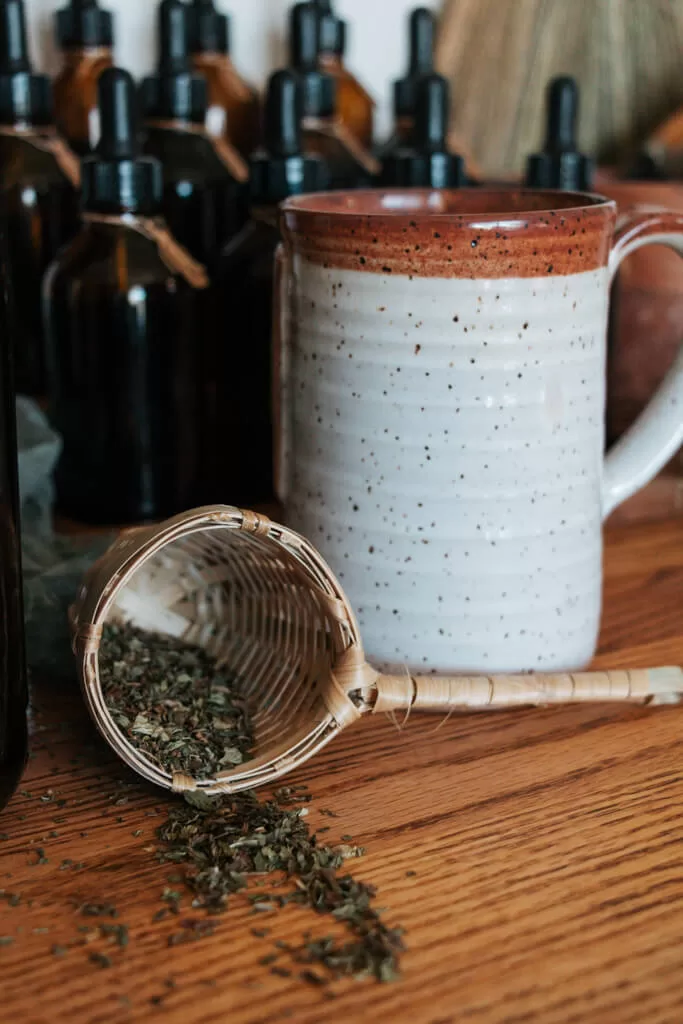
Make an Infusion Instead
For those looking for an alcohol-free option, folk methods like vinegar tincture or teas are a great option!
Depending on your intended use, you can infuse the herbs in apple cider vinegar or in herbal teas instead of using alcohol.
Overall, these methods of how to remove alcohol from herbal tinctures will lead to a tincture with diluted alcohol. However, if you are bothered by the use of alcohol, using vegetable glycerin in place of alcohol or another form of herbal remedy is probably your best choice.
My Favorite Products
Shop my Favorite Goodies to help you start your Herbal Journey
Pin How to Remove Alcohol from an Herbal Tincture for Later!
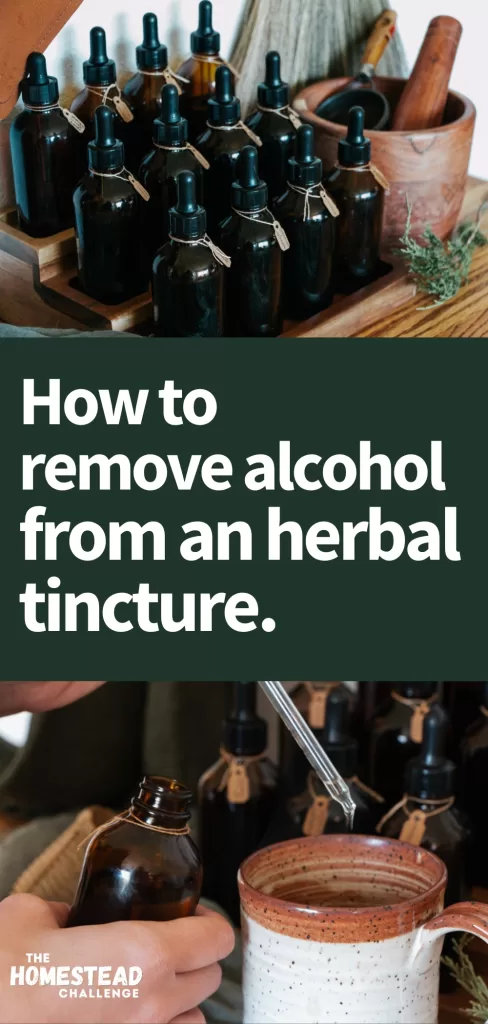
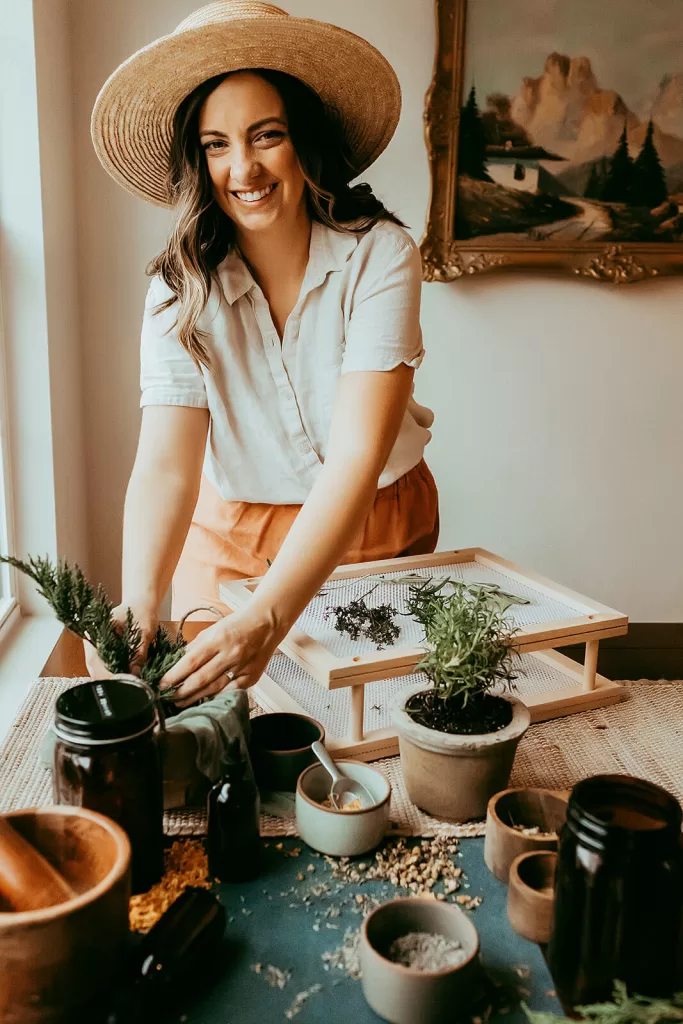
About the Author:
I’m Brittany, totally modern and mainstream turned crunchy mama!
Read more here about how I went from a totally incompetent cook and hyper-consumer to striving to live a more meaningful life from scratch.
I can’t wait to share my modern homesteading journey with you and I hope I inspire you to join along!
Medical Disclaimer
All content and information on this website including our programs, products and/or services is for informational and educational purposes only, does not constitute medical, psychological or health advice of any kind and we do not warrant that the information presented herein is free of any errors or omissions. We are not providing medical, health care, nutrition therapy or coaching services to diagnose, treat, prevent or cure any kind of physical ailment, mental or medical condition. A professional-client relationship with you is only formed after we have expressly entered into a written agreement with you that you have signed including our fee structure and other terms to work with you in a specific matter.
Although we strive to provide accurate general information, the information presented here is not a substitute for any kind of professional advice, and you should not rely solely on this information. Always consult a professional in the medical and health area for your particular needs and circumstances prior to making any medical or health related decisions. For your health related questions, please seek the advice of a licensed physician or any other qualified health care provider immediately.

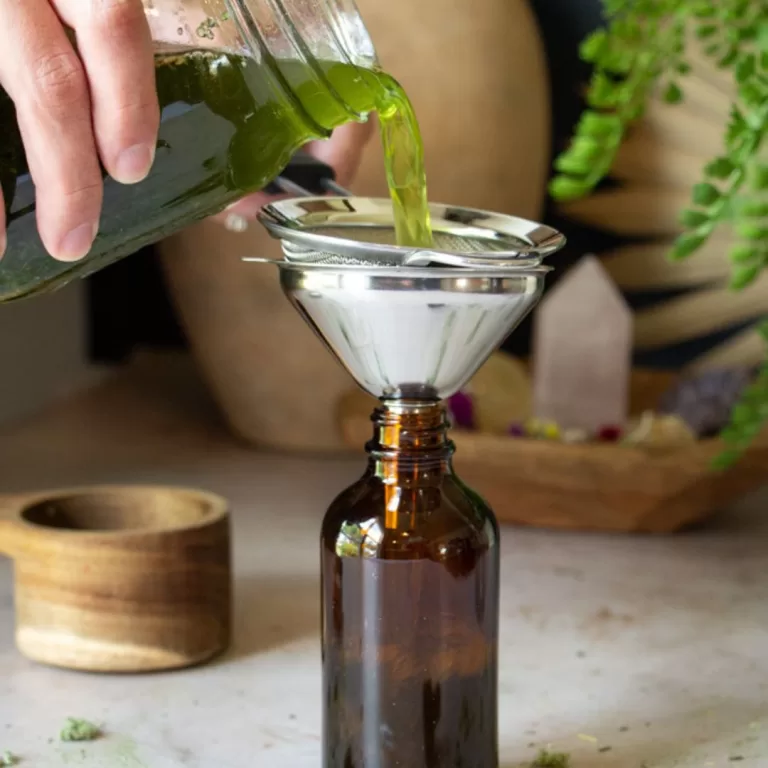
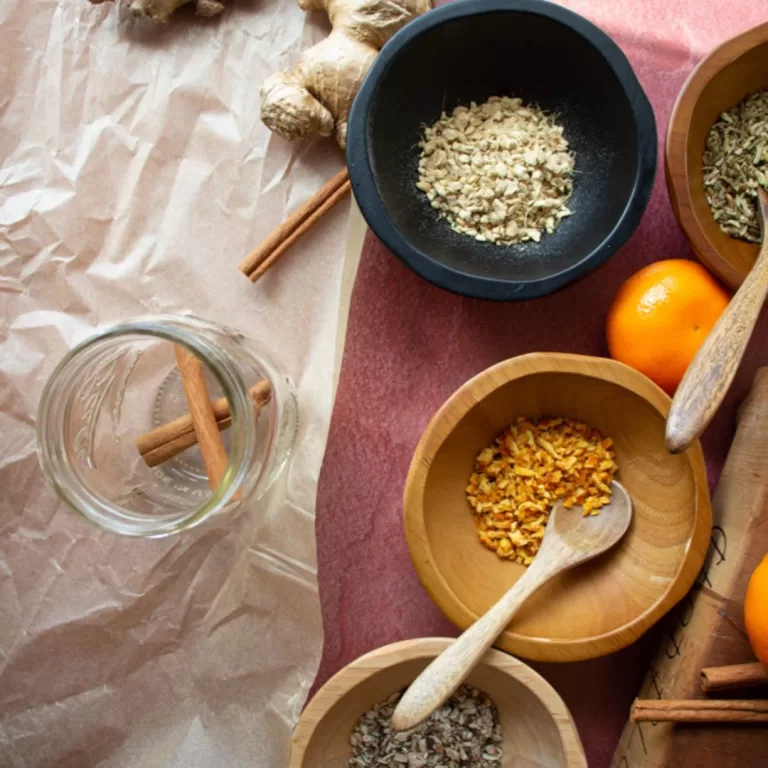
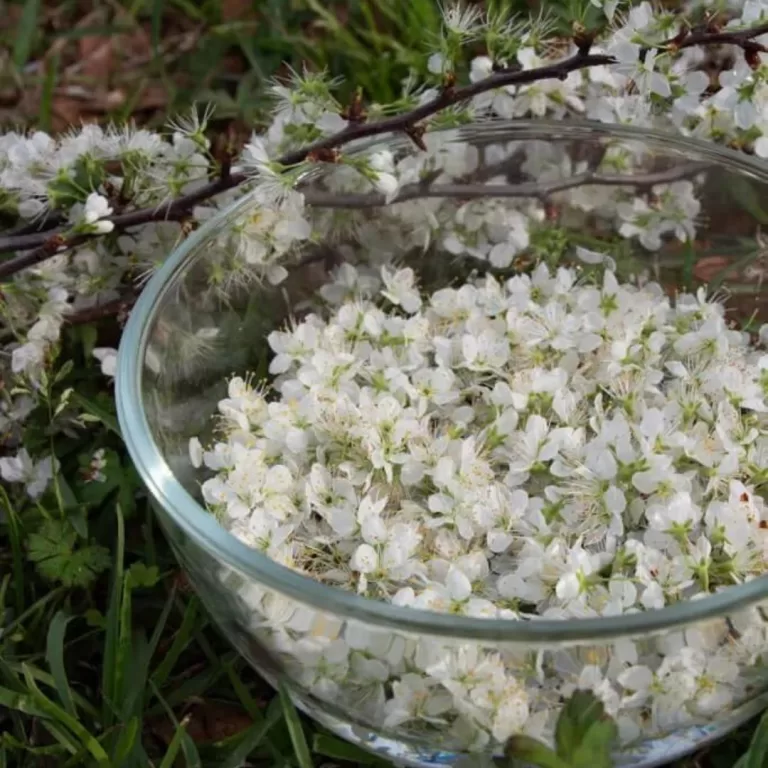
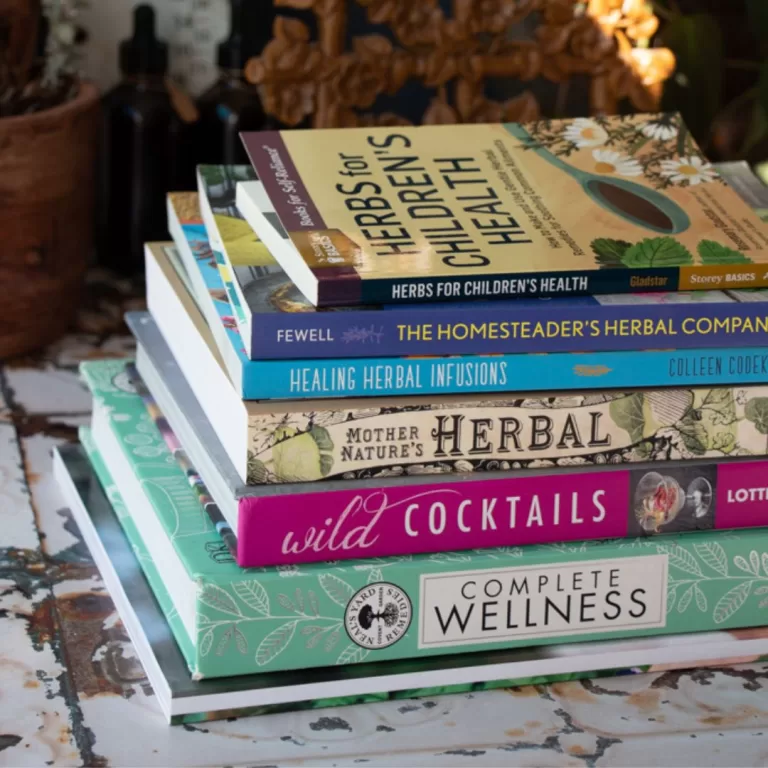
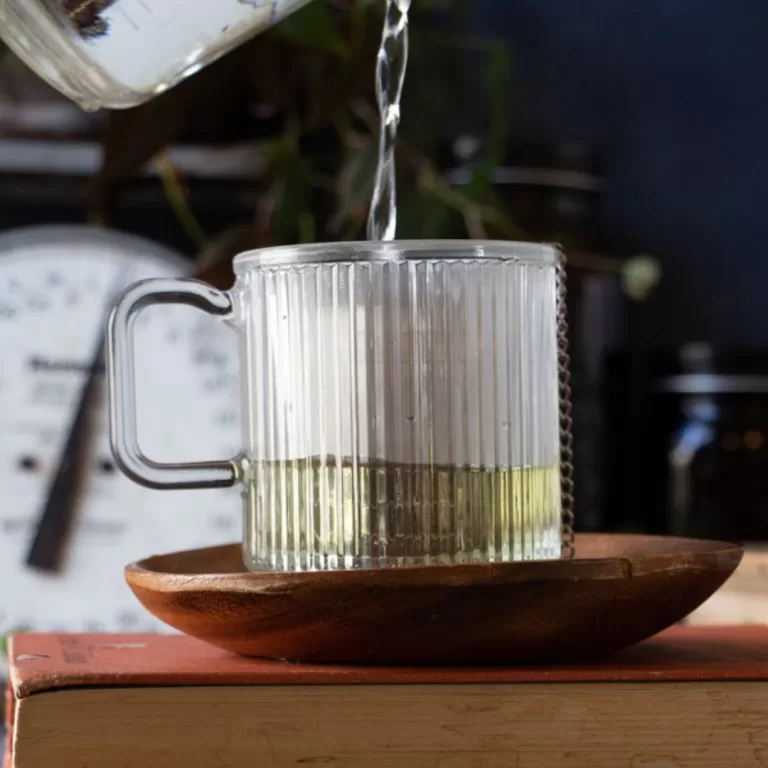
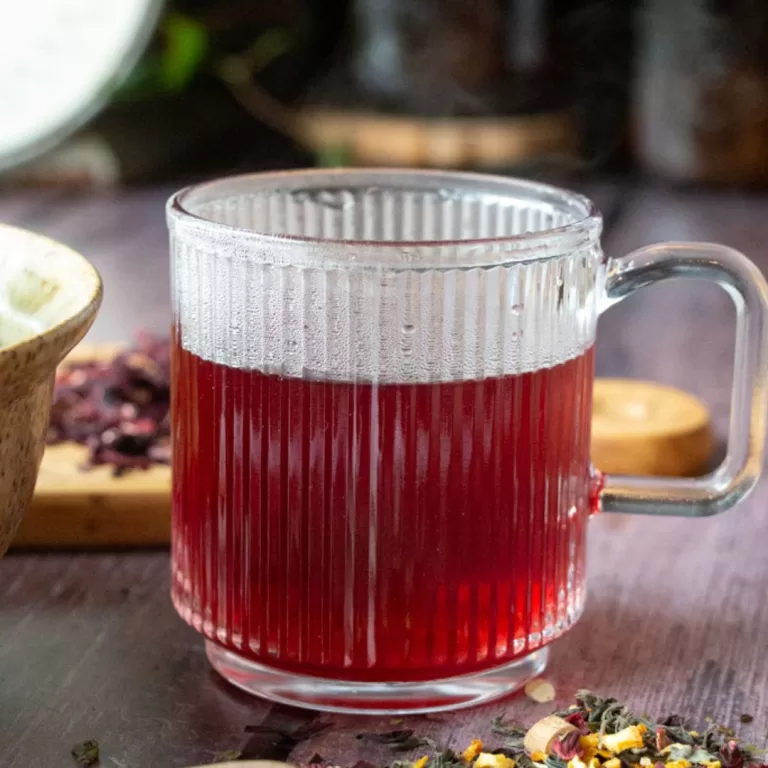
Curious if you can put tinctures in a crockpot with water to burn off some alcohol taste? Does this effect the tincture at all. Thanks!
Hello! That can definitely help! It would work very similarly to the double boiler method (without the double boiler). So, it might take off some of that burn, but overheating might make it lose some of its oomph! Depending on what it is, you might want to mix with juice or another liquid and drink it that way to hide the taste (I sometimes do this and take it like a shooter!). Taking it with a beverage would work particularly well if you are trying to use the tincture for any issues along the digestive tract.
Was wondering if it’s possible to use alcohol and glycerin in a tincture? I would prefer not to use much alcohol but am ok with some. I am just learning about this healthy/alternative medicine and would very much like to try , but also make it properly and safely. Thank you!
Hi Kim! I haven’t personally tried it, but making a glycerin tincture with 90% glycerin and 10% alcohol would work. The little bit of alcohol would help strengthen the tincture and pull more of the benefits from the herbs.
Would putting the tincture in hot coffee kill the alcohol?
Hi! I wouldn’t know for sure without some serious scientific equipment, but it would be the same result as putting it in hot water or tea. As a rule of thumb… if you are boiling off alcohol with a hot enough liquid (over 173 degrees F), you’d also be boiling off a lot of the herbal benefits. It is not possible to kill off all alcohol by these methods. There would definitely still be SOME alcohol present. I hope this helps!
My gummies I make with me Everclear Tincture are pretty nasty to ingest. Any suggestions?
Hi Mark! You can try to re-melt them and add in something else with stronger flavor to mask the everclear! I have not tried this so I am not 100% sure if it will work but I think it is worth a shot. I would probably add more honey, or a good tasting herb, depending on what the tincture is.